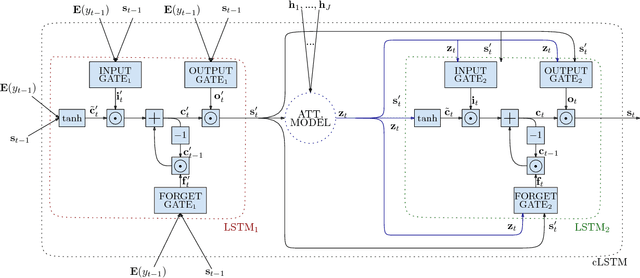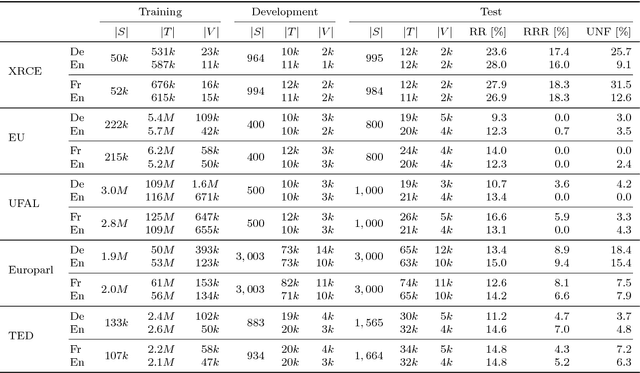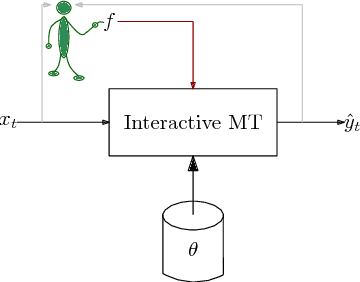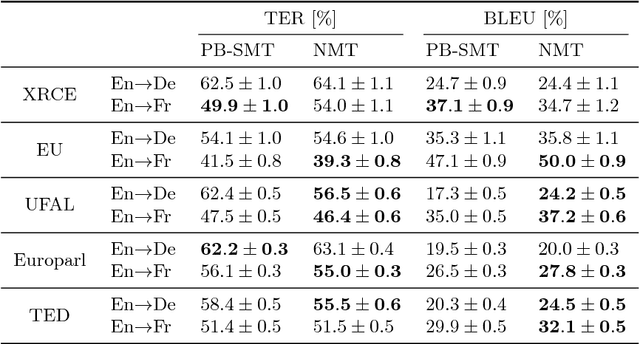Online Learning for Effort Reduction in Interactive Neural Machine Translation
Paper and Code
Feb 10, 2018



Neural machine translation systems require large amounts of training data and resources. Even with this, the quality of the translations may be insufficient for some users or domains. In such cases, the output of the system must be revised by a human agent. This can be done in a post-editing stage or following an interactive machine translation protocol. We explore the incremental update of neural machine translation systems during the post-editing or interactive translation processes. Such modifications aim to incorporate the new knowledge, from the edited sentences, into the translation system. Updates to the model are performed on-the-fly, as sentences are corrected, via online learning techniques. In addition, we implement a novel interactive, adaptive system, able to react to single-character interactions. This system greatly reduces the human effort required for obtaining high-quality translations. In order to stress our proposals, we conduct exhaustive experiments varying the amount and type of data available for training. Results show that online learning effectively achieves the objective of reducing the human effort required during the post-editing or the interactive machine translation stages. Moreover, these adaptive systems also perform well in scenarios with scarce resources. We show that a neural machine translation system can be rapidly adapted to a specific domain, exclusively by means of online learning techniques.
 Add to Chrome
Add to Chrome Add to Firefox
Add to Firefox Add to Edge
Add to Edge